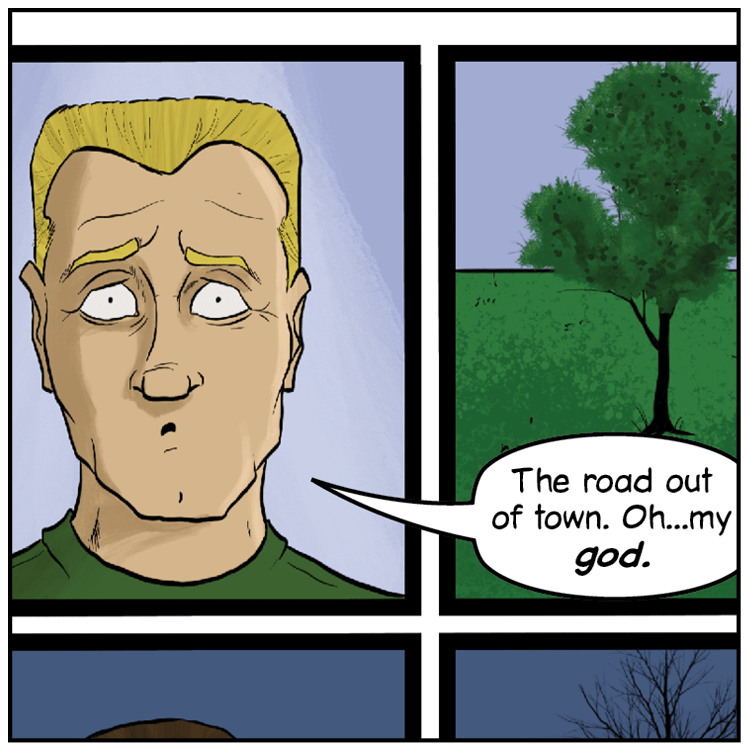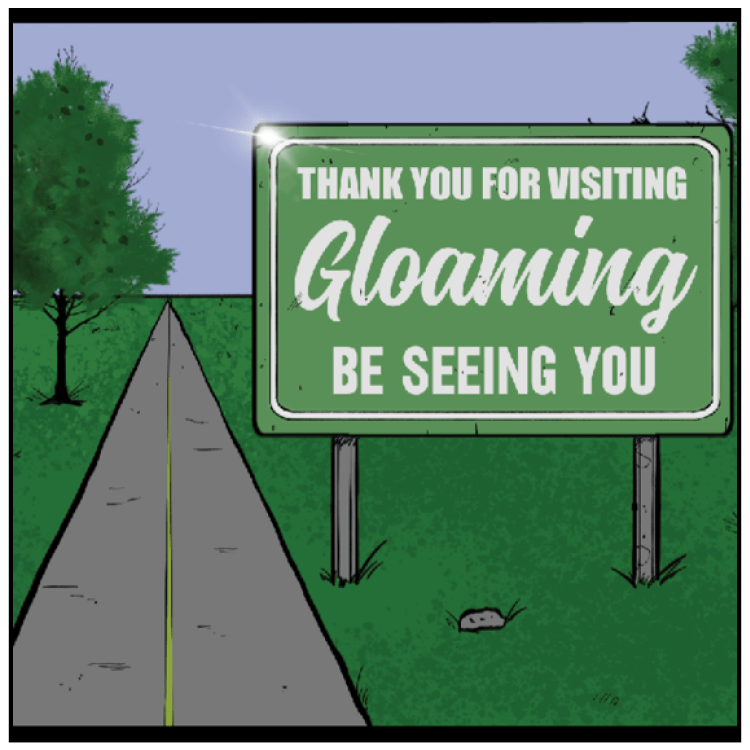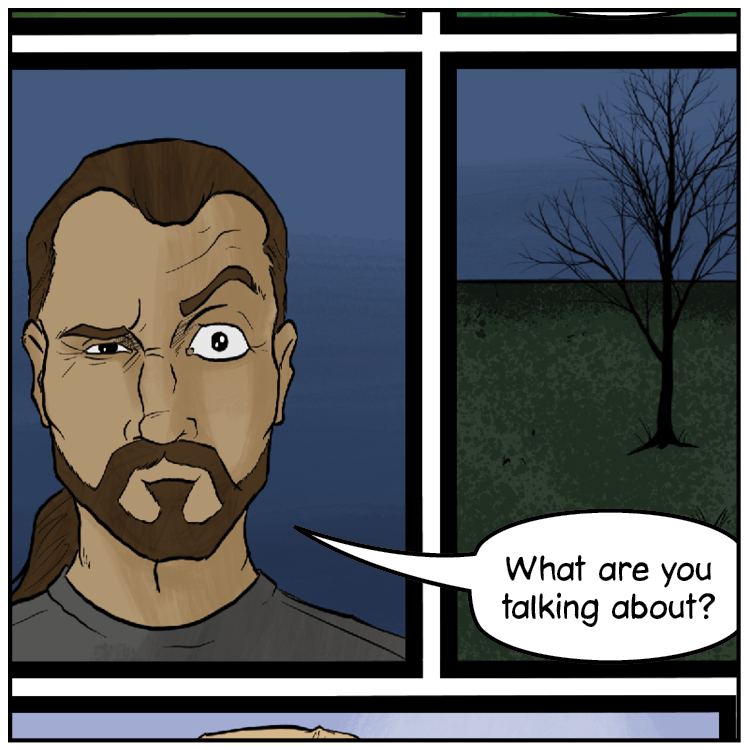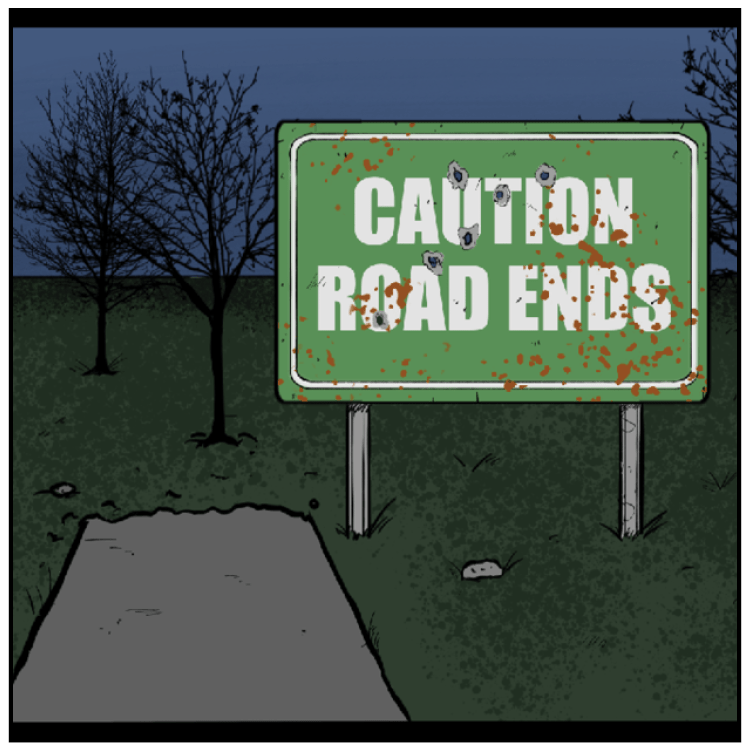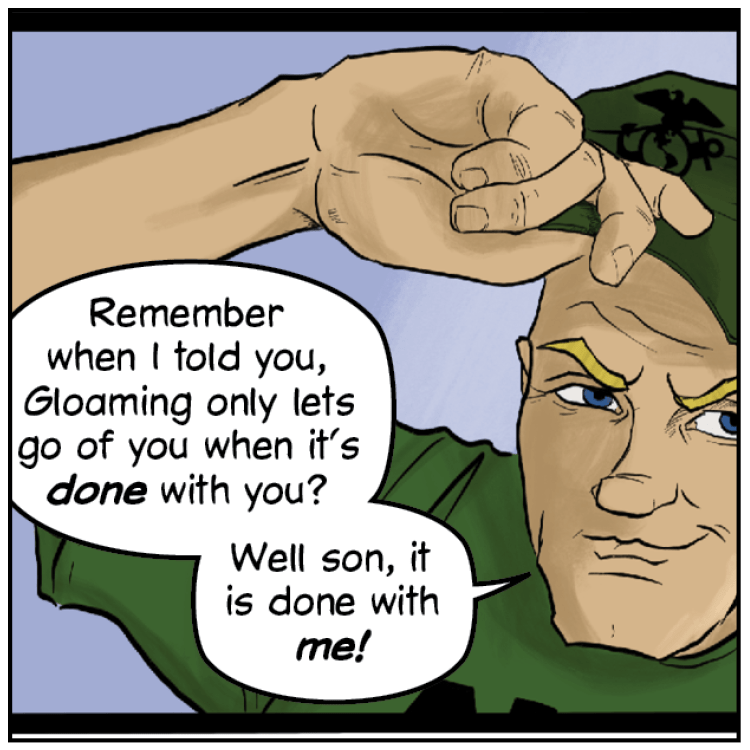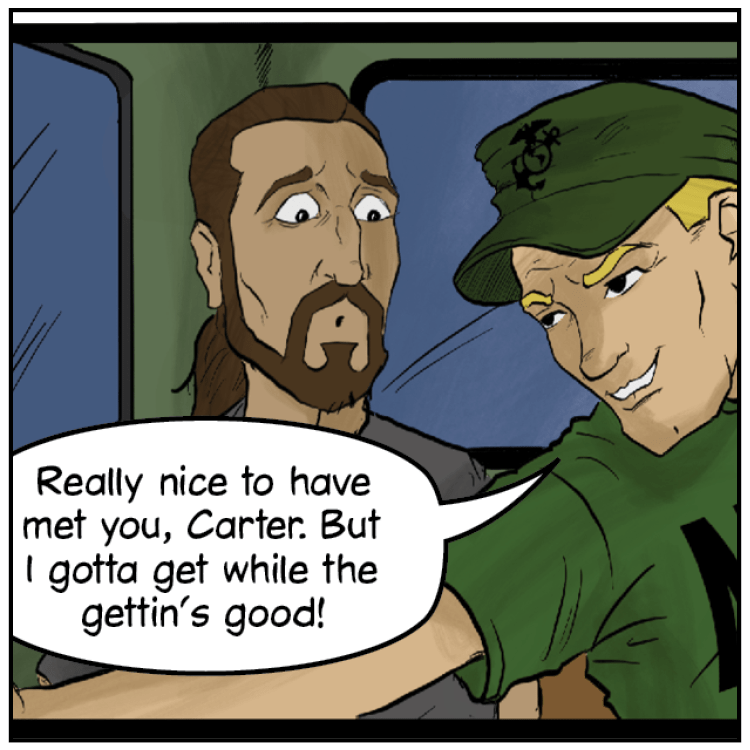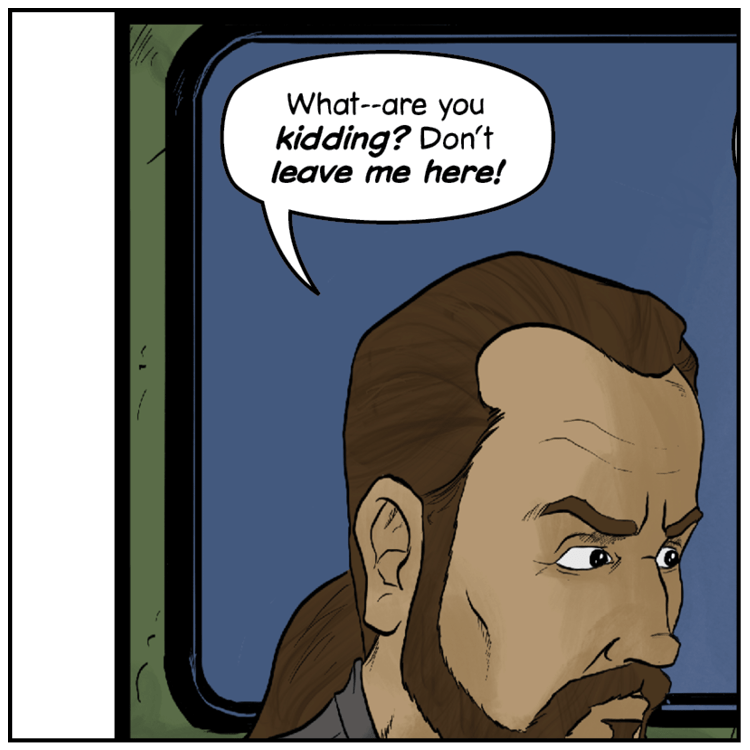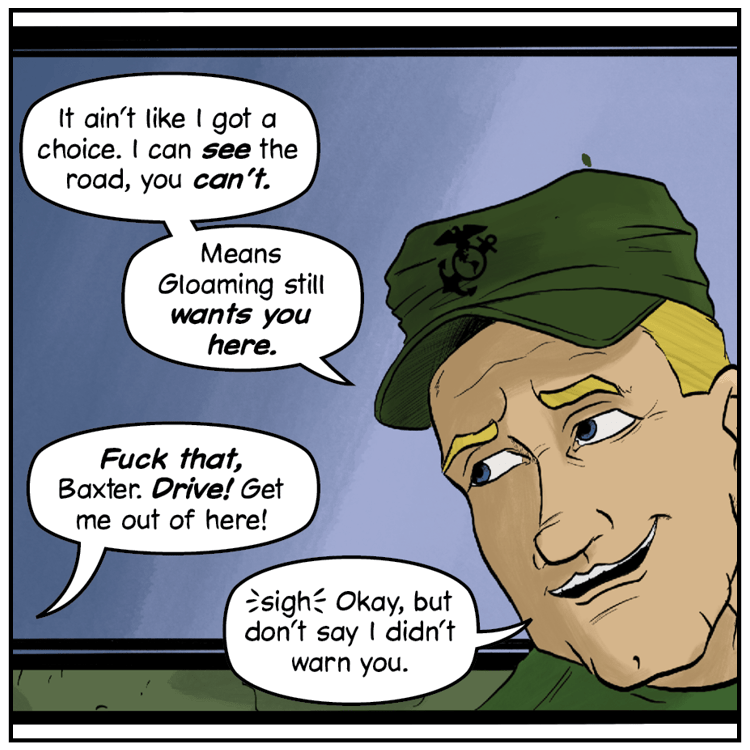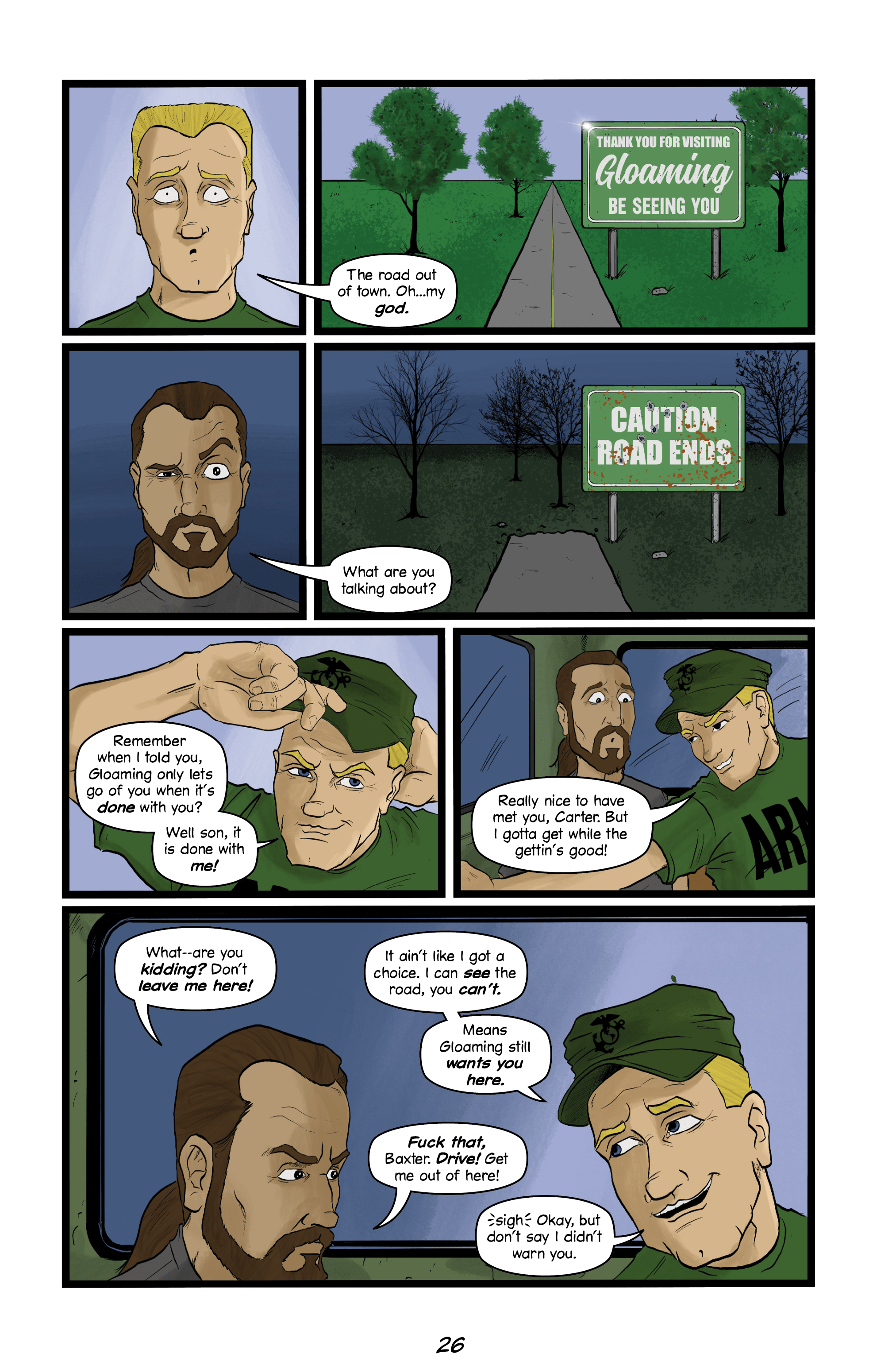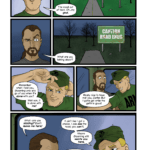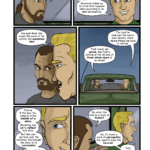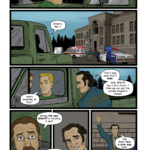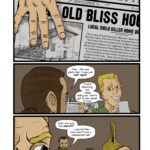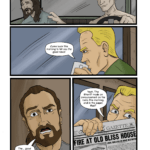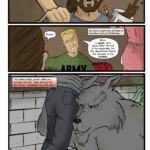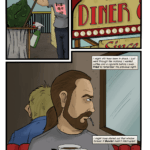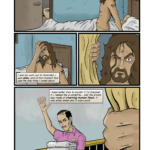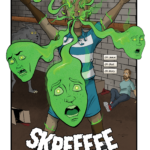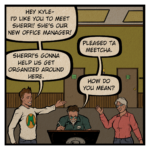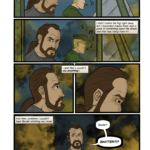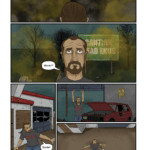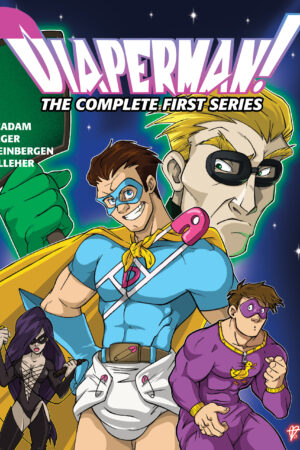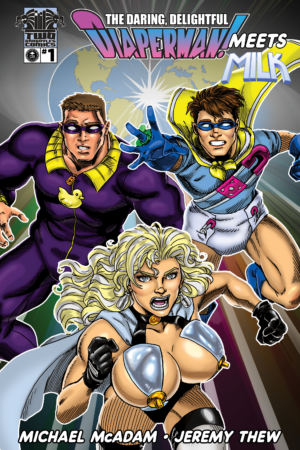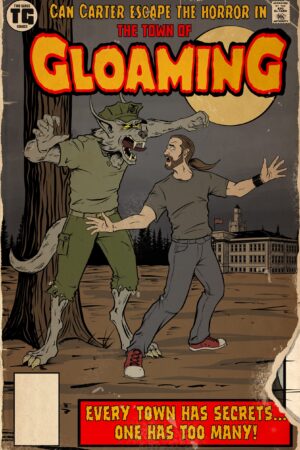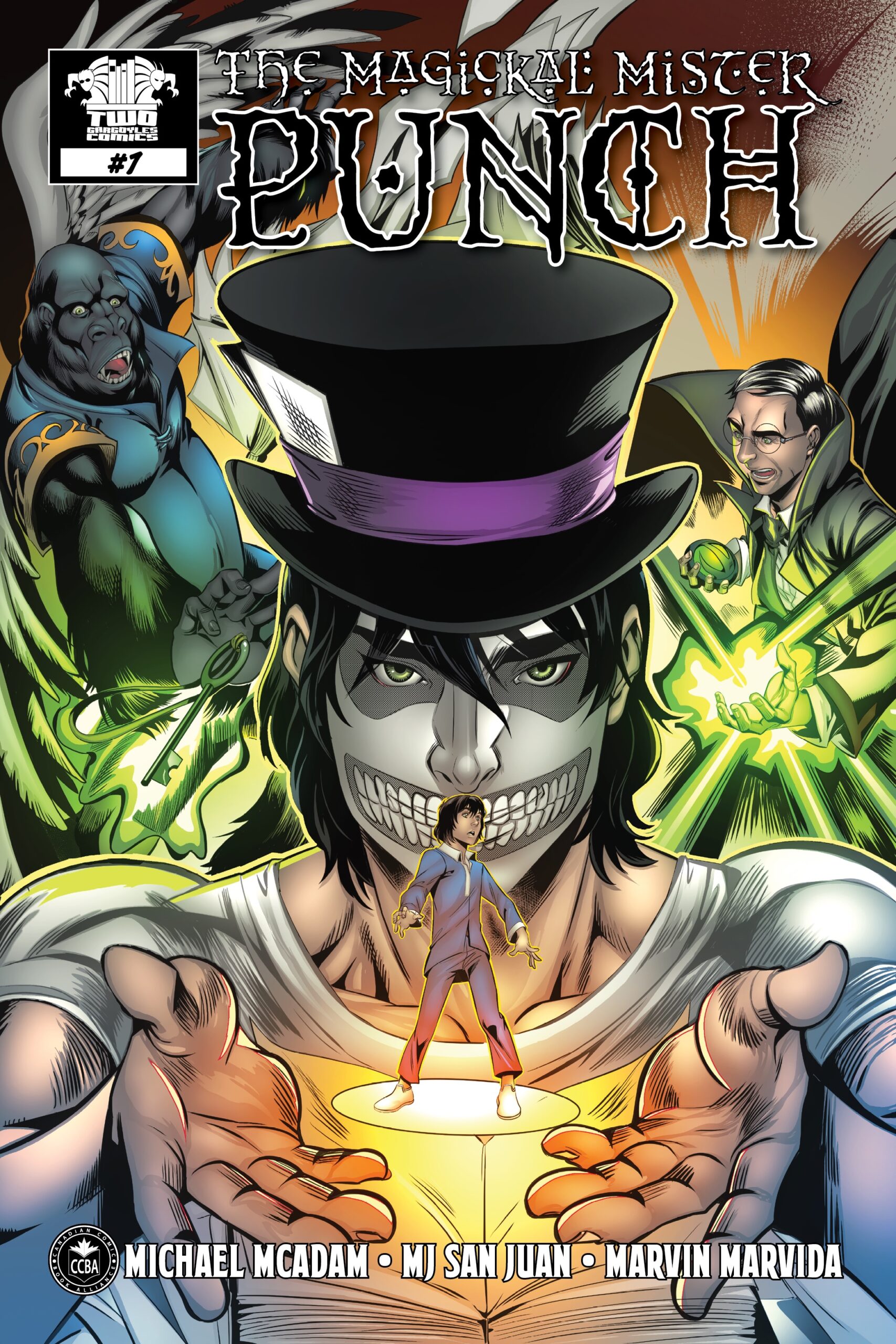
Read the Difference!
Latest Comics
-
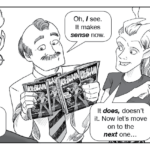
#441. A Litany of Vice – Page 11
21 16308 Apr 16, 2024
-
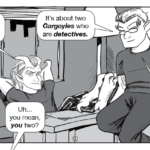
#442. A Litany of Vice – Page 12
27 16061 Apr 16, 2024
-
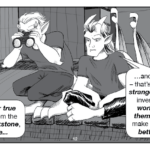
#443. A Litany of Vice – Page 13
23 15982 Apr 16, 2024
-
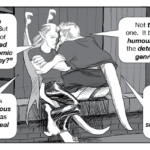
#444. A Litany of Vice – Page 14
22 16043 Apr 16, 2024
-
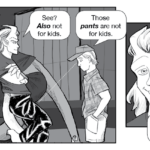
#445. A Litany of Vice – Page 15
22 15940 Apr 16, 2024
-

#446. A Litany of Vice – Page 16
27 16203 Apr 16, 2024
-
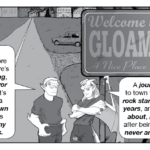
#447. A Litany of Vice – Page 17
21 16269 Apr 16, 2024
-
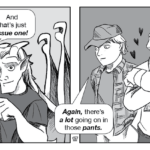
#448. A Litany of Vice – Page 18
27 16147 Apr 16, 2024
-
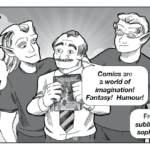
#449. A Litany of Vice – Page 19
21 16318 Apr 16, 2024
-
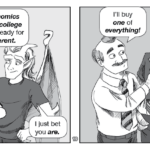
#450. A Litany of Vice – Page 20
28 16297 Apr 16, 2024
How To Make Your Comic Better – 1
I want to start sharing some of the stuff I’ve picked up along this journey of creating comics. I’m no master, and so I must eagerly recommend you check out such amazing resources as Words for Pictures by Brian M. Bendis and Understanding Comics by Scott McCloud and basically every resource you can get your hands on– always read, always learn, always strive to improve!– but even so, I think it might be of some worth to share some real, on-the-ground indie comics experience with my readers.
At the Panel One convention this year, I was privileged to have a table beside Steve Colle, who among other things is an editor for comics. He had a great set-up on his table with laminated, published comic pages and a grease pencil- and invited folks to circle what they thought was wrong with the comics pages. It was a great game designed to help us see the page better, to really understand what we were looking at. I felt like I learned more listening to Steve in one day than I had absorbed in a year!
As a writer, I have to plan a page in my mind, see the flow of action and ensure that what I write is going to make sense visually. However, I don’t control the outcome as such: that’s the artist’s purview, and hopefully they and I have reached that magical telepathy that lets us each understand what the other meant. In a best-case scenario, the page I get back is a wonderful fusion of what I intended blended with the artist’s unique flavour and vision.
Sometimes though, it needs tweaking. I need to stress that this is not a failure on anyone’s part– it’s a progression. It’s step three of the process: Write, Draw, Edit. If you don’t think your work could benefit from editing, you’re fooling yourself.
Page 2
Happy Pride!

GLOAMING #3 Script COMPLETE!
First draft of issue #3 of Gloaming completed today; very exciting day for this writer! Now it’s off to Kyle Burles for his read-through and then we hammer out errors, critiques, and begin the refining process. It’s Miller Time! Or, in my house, time for another Starbucks!



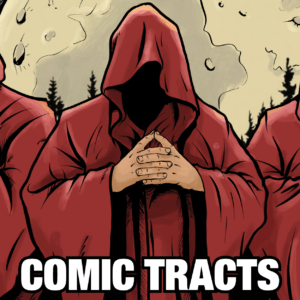
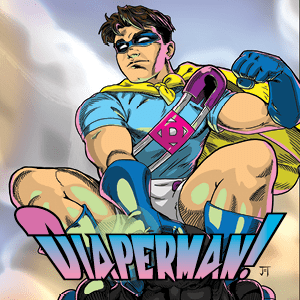
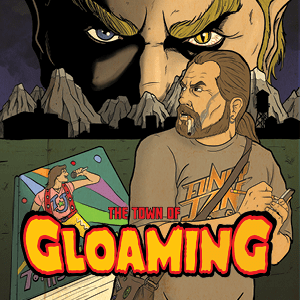
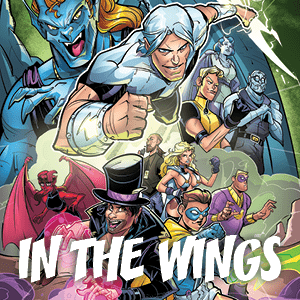


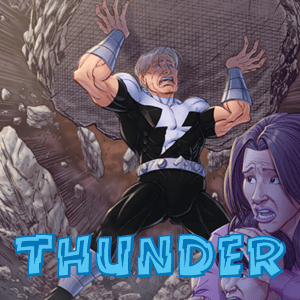



 “Twogargs” is an independent publisher of comic titles, including the genres of superheroes, comedy, horror, and urban fantasy… with more to come.
You can read all about each title and individual issue on this site using the main menu above. You can purchase digital copies of these comics right here on the site, and print copies at Indyplanet, or at DriveThruComics.
Two Gargoyles Comics is based in Alberta, Canada, and appears live at conventions in Western Canada and wherever else the winds take us!
“Twogargs” is an independent publisher of comic titles, including the genres of superheroes, comedy, horror, and urban fantasy… with more to come.
You can read all about each title and individual issue on this site using the main menu above. You can purchase digital copies of these comics right here on the site, and print copies at Indyplanet, or at DriveThruComics.
Two Gargoyles Comics is based in Alberta, Canada, and appears live at conventions in Western Canada and wherever else the winds take us!
